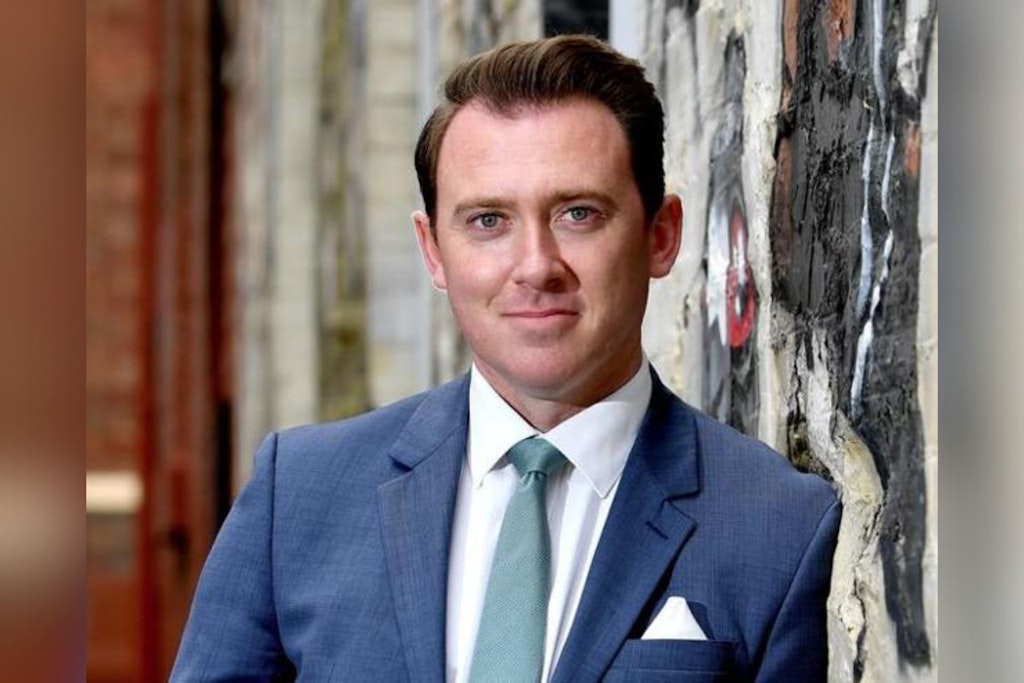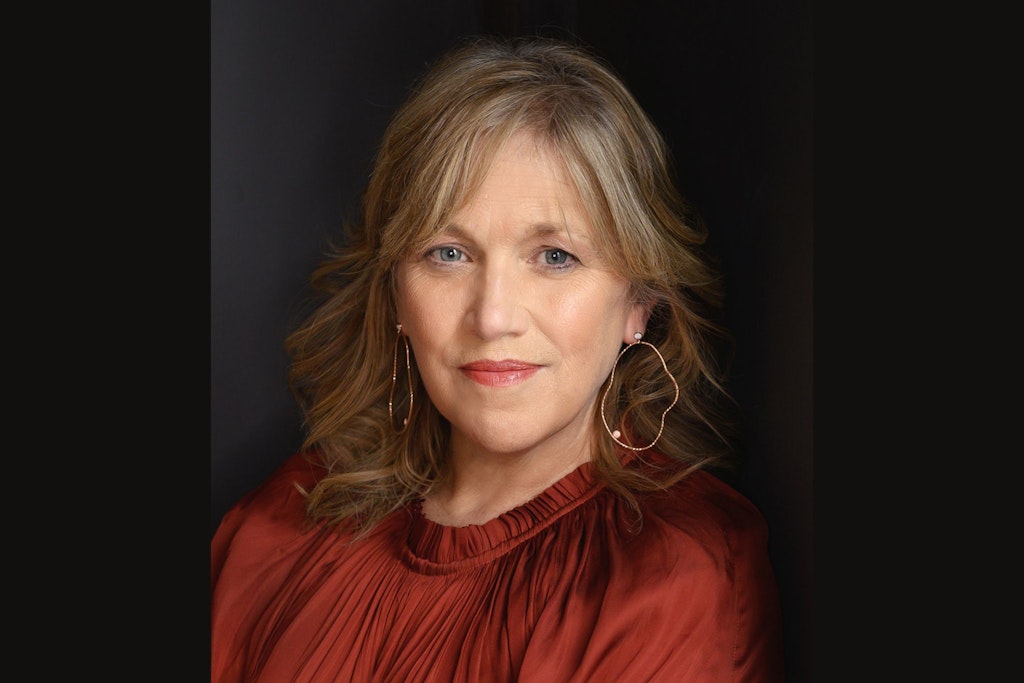Delay, invest and deliver: Aged care’s government wishlist
Published on 7 May 2025 (Last updated on 27 May 2025)

The dust is far from settled following a momentous federal election that resulted in an emphatic re-election for Prime Minister Anthony Albanese, and an unceremonious end to Peter Dutton’s Coalition leadership.
While some results hang in the balance, attention has quickly returned to the aged care reform journey for the government-funded aged care sector
Buoyed by the certainty of another term, the government is under increased pressure to deliver more meaningful outcomes. On Monday, the Prime Minister said his second term would be more ‘satisfying’ than the first.
“One of the things that will make this term satisfying — and raises the prospect of further progress, rather than protest — is the fact that [last time] the bureaucracy had been gutted,” Mr Albanese stated.
The sector will be determined to see him follow through on that claim. Hello Leaders spoke to industry leaders about the tangible investments, actions and outcomes they want over the coming months and years.
Delay Support at Home’s rollout
Home care providers are grappling with monumental challenges linked to Support at Home, which will commence on July 1.
Mr Sadler said delegates at Invox’s National Support at Home Conference raised concerns about details such as the funding and rules of Support at Home. Staggered information releases and complex program changes threaten its delivery.
“It’s pretty clear that information about how the new Support at Home program is going to operate is not sufficient for us to successfully start it on the first of July,” shared Invox’s Paul Sadler.
“The key consideration, whether it’s Anika Wells or a new minister, is whether or not to at least partially delay the implementation of the program. The feeling is that the government simply does not have it ready yet.”
Catholic Health Australia has also thrown its weight behind a staged transition to Support at Home to reduce risks to providers and older Australians so they ‘are fully engaged in co-designing the care they receive’.
Additionally, as Chair of the Meals on Wheels Australia Board, Mr Sadler urged the government to make clear decisions around the Commonwealth Home Support Programme (CHSP). The CHSP will not become part of Support at Home until at least mid-2027.
He said decisions must be made sooner rather than later, so providers understand what funding model they will operate on, which in turn can help providers increase supply.
“We put in our pre-election requests for additional funding for CHSP providers to be released. We know there are meal services dotted around the country that are currently operating at their maximum capacity. Some have their books closed to new clients. That’s very similar to many other CHSP services,” he explained.

“We know that the demand for CHSP has been growing, yet the number of older people able to access CHSP has trended down over recent years. We have an ageing population, and CHSP is the entry point to the aged care system. It needs to have the capacity to support more people.”
Follow through on dementia initiatives
The figures surrounding dementia in Australia are undeniable:
- An estimated 433,000 people are living with dementia in Australia
- That is expected to increase by about 40% over the next 30 years to roughly 812,500 people
- It is the second leading cause of death in the nation, and it is projected to become the leading cause of death
- Dementia is already the leading cause of death for Australian women
The need for significant and sustained support is growing. Dementia Australia CEO Professor Buchanan has three key requests for the Australian Government.
“Dementia affects Australians of all ages and is the public health, disability and aged care challenge facing Australia. Dementia is on track to become Australia’s leading cause of death — the time for the Albanese government to act is now,” she said.
“Dementia Australia is calling for the 48th Parliament to commit to:
- Launching a national conversation on dementia to raise awareness of the condition and to promote brain health at all ages;
- Establishing a team of dementia specialist care coordinators within Dementia Australia to deliver nationally consistent support and navigation to people living with dementia, their families and carers; and
- Building the capability of the workforce to provide care and support for people living with dementia.”
Meanwhile, Dementia Training Australia (DTA) Executive Director Dr Isabelle Meyer expressed excitement over the election result and what it means for the government’s National Dementia Action Plan.
Published in 2024, the Plan outlines key government-led actions for the next ten years to better integrate and improve policies, services and systems so that dementia care and support is strengthened in all areas.
The Plan will be implemented through three Collective Priority Frameworks. The government’s re-election means the first should still be on track for a mid-to-late 2025 release.
“It is a real thrill to know that the Plan is now going to be fully executed. We’re a part of it, and we’ve now been funded for an additional 12 months of operation, so we can continue to deliver training to both the volunteer and paid health workforce,” Dr Meyer said.
“The Albanese Government’s heavily invested in improving care for people living at home, and improving the quality of care comes from a well-educated, well-skilled workforce.”
DTA is also involved with the government-funded National Dementia Education Standards and Training Framework that will improve the consistency and quality of education and training.
Dr Meyer said the positive investments into workforce development will result in long-term benefits for the sector and people living with dementia.
Hit pause on the Aged Care Act
When he called for the Support at Home rollout to be delayed, Mr Sadler said there is widespread support for the commencement of the new Aged Care Act on July 1, despite the likely challenges.
Not all leaders share this same outlook, with the Retirement Living Council (RLC) urging the government to ‘hit the ground running’, but to also make the important call to delay the Act’s rollout.
RLC Executive Director Daniel Gannon said the government has ‘one opportunity to avoid major consequences by properly delaying the new Aged Care Act’ as providers continue to state they will not be ready for the transition.
“Serious issues surrounding liquidity standards, the critical overhaul of IT systems, a lack of training for staff, client anxiety over costings and financial strain relating to billing remain unaddressed and threaten the viability of the sector,” he said.
“Nobody is questioning the need for a significantly improved aged care system. This is fundamental, especially as Australia’s population continues to age.
“However, we have a timeframe for the commencement of the new Act that just isn’t realistic — and that will benefit no one.”

Mr Gannon also touched on outdated policies, such as those that govern the Age Pension assets tests, as areas that must be addressed.
“Outdated Age Pension settings are locking older Australians in large family homes during a housing crisis when ‘rightsizing’ initiatives should be front and centre to ease pressure on housing and healthcare systems,” he added.
“It’s absurd that policies written decades ago are expected to keep up with modern-day house prices and cost of living. Older Australians risk losing their pension while younger people are in housing limbo.”
Invest in regional and remote solutions
Both major parties remained relatively quiet about specific pre-election aged care promises outside of a handful of funding announcements for new residential care homes. With the campaigning over, Labor must ensure it delivers targeted investments for regional and remote providers.
Wendy Hubbard, CEO of Australian Regional & Remote Community Services (ARRCS), told Hello Leaders the certainty in government is a positive outcome for the aged care sector. She would now like more tailored solutions to nurture sector stability.
“What ARRCS is hoping for is continued understanding by the government of the high cost and complexity of providing great service in the Northern Territory — and in particular in regional and remote areas,” she explained.
“The unique issues which impact First Nations people in Aboriginal communities ultimately impact our capacity to provide care to the elders, and an empathic government is vital to ensuring that the balance between health needs and cultural safety can be maintained.”
Workforce support is another top priority, as programs such as the Pacific Australia Labour Mobility (PALM) scheme have provided over 100 care workers.
However, without facility-level support, there is a risk that some of Australia’s most remote communities could lose aged care services.
“We are keen to gain assurances of future support for our Alice Springs sites to ensure their ongoing viability as part of the current government initiatives. The commitment to provide additional aged care beds in the Top End is welcomed, and although ARRCS is not engaged in developing those beds, we anticipate continued facilitation of fruitful discussion with those who will.”
Ms Hubbard added that any incentives to increase registered nurse and personal carer education in Darwin for the new home are essential, but it should not disadvantage other service providers by prioritising one employer.
Deliver relief for older Australians

As Mr Gannon highlighted, many challenges facing older Australians are linked to the broader aged care bubble. House prices, housing security, cost of living, and more, all impact how, when and where people can access aged care services.
Council on the Ageing (COTA) CEO Patricia Sparrow reinforced the need for the government to deliver solutions that will address shared and specific challenges facing older and younger Australians alike.
“Affordable dental care, rental, income support, cost-of-living relief, action on ageism, and housing options for older women at risk of homelessness remain critical priorities for older people,” Ms Sparrow told Hello Leaders
“We look forward to working with the government and parliament to deliver on these issues, and to ensure that new commitments — such as the growing focus on productivity — reflect both the needs and contributions of older Australians. Addressing these challenges is not just about supporting older people; it’s about building a fairer, stronger future for every generation.”